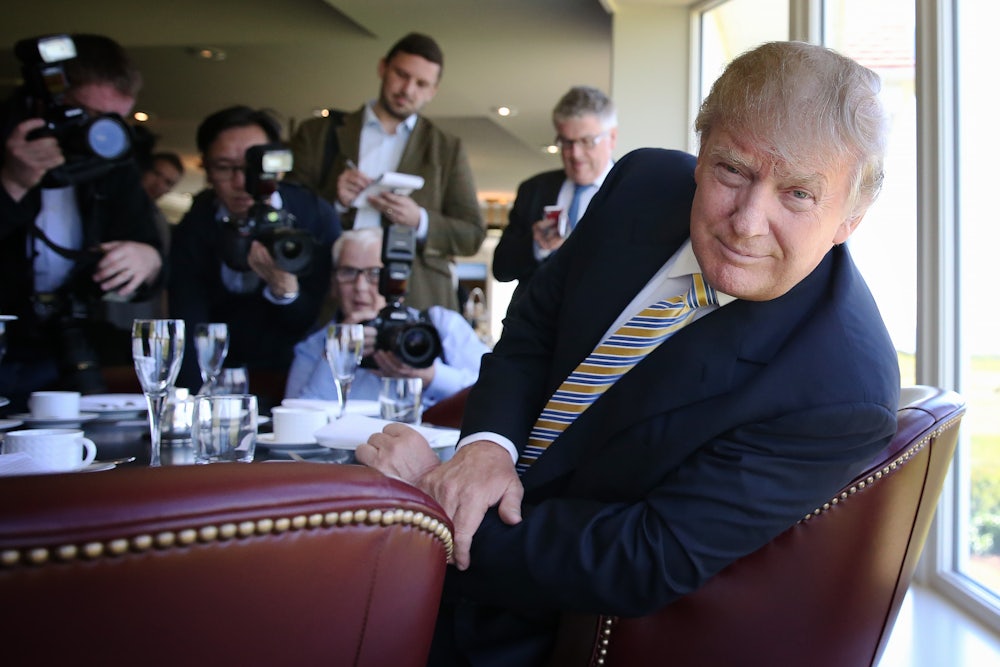Hours after a number of top Republicans went on the Sunday shows to reiterate their pledge to repeal and replace Obamacare, The Washington Post published an interview with Donald Trump in which the president-elect promised “insurance for everybody.” Most interestingly, Trump also suggested something resembling universal health care, telling the Post, “There was a philosophy in some circles that if you can’t pay for it, you don’t get it. That’s not going to happen with us.”
Trump implausibly claimed that the plan is almost ready: “It’s very much formulated down to the final strokes. We haven’t put it in quite yet but we’re going to be doing it soon,” suggesting that the plan would be unveiled after incoming Health and Human Services Secretary Tom Price was confirmed by the Senate. It’s not clear whether that means that a law that will replace the Affordable Care Act is ready, or if Trump is referring to a summary of what that replacement will be.
Trump’s comments obviously seem to contradict Republican orthodoxy on health care, particularly his pledge that people who cannot afford health care will still have access to it. Trump pledged that he would pay for the law by forcing drug companies to negotiate directly with the government over pricing on Medicare and Medicaid. He also hinted that he would fight pharmaceutical companies over drug pricing—he apparently said he would do it “just like on the airplane.” Lockheed Martin’s shares tumbled after Trump blasted the “tremendous cost and cost overruns” on its production of a fighter jet. The pledge to hold pharmaceutical companies hostage is an interesting one and it could be effective, but there’s also a huge difference between the production of a jet and America’s health care system—if anything, this just points to Trump’s one-size-fits-all approach to negotiation and his lack of government experience. The Affordable Care Act, as the Post notes, was signed into law fourteen months after Barack Obama was inaugurated.
Trump pushing for truly universal health care or a public option would be an incredible development and would fly in the face of Republican orthodoxy. But Trump is really starting a marketing campaign, although his words will hopefully be thrown back in his face by Democrats. But, though told with typical embellishment, his claims largely square with the Republican pledge for “universal access” to health care, which does not necessarily mean affordable health care and certainly does not mean universal health care. Whatever he and the Republicans in Congress propose will be branded as being “universal health care,” even though it will be anything but.
